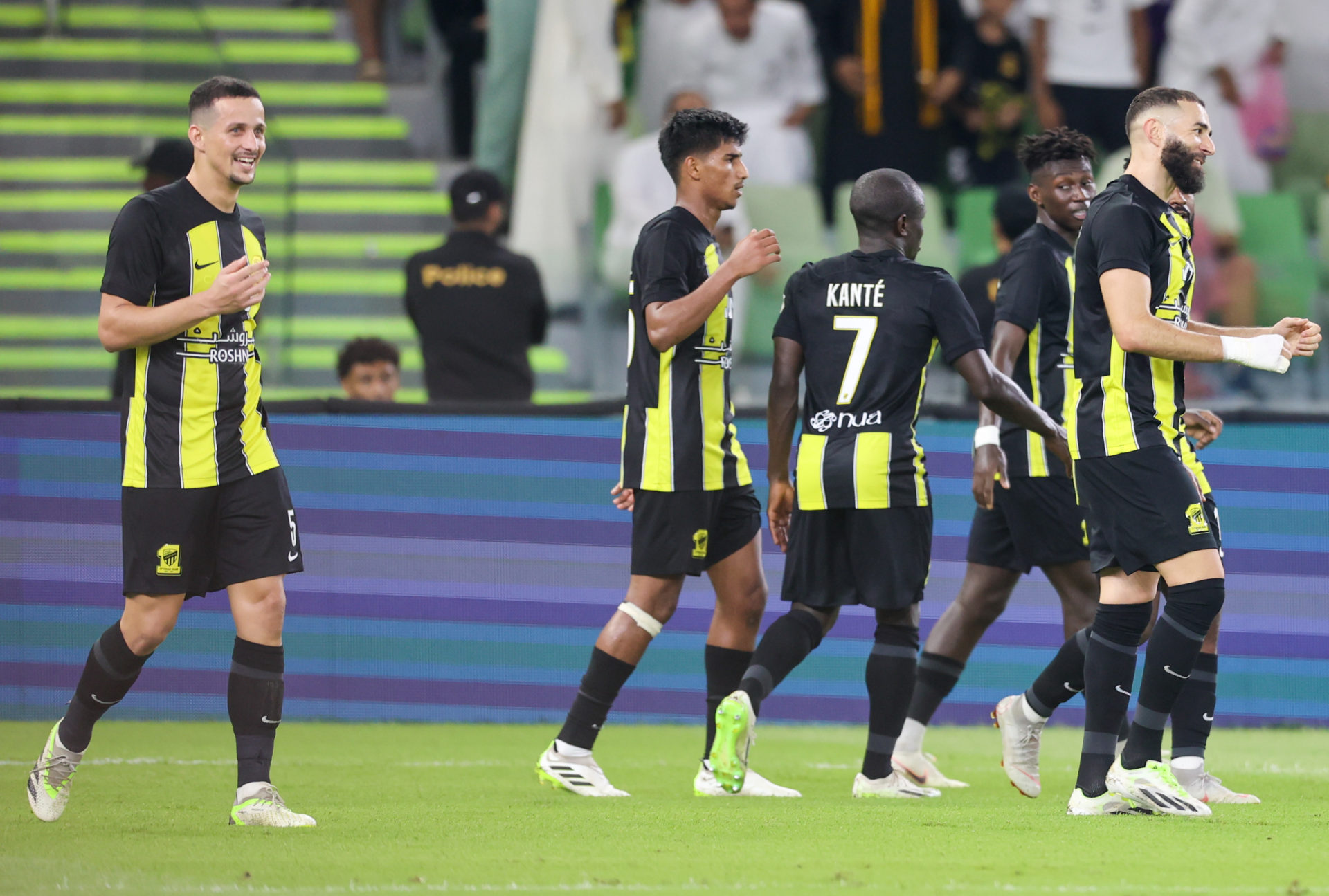Journalist Alex Crook has suggested that the recent unsuccessful vote to prohibit related-party deals in the Premier League could pave the way for Newcastle United to acquire top-tier talent from Saudi Arabia. The proposed ban, which aimed to restrict such deals in the January transfer window, fell short of the required 14-team majority by just one vote.
Crook, speaking on talkSPORT, asserted that this outcome would enable Newcastle to engage with clubs owned by the Public Investment Fund (PIF) to pursue targets like Ruben Neves, Gabri Veiga, and even Karim Benzema, should both parties express interest.
Newcastle, like several other Premier League clubs, operates under a multi-club ownership structure, and many of these clubs opposed the proposed ban. PIF owns Al Hilal, Al Nassr, Al Ittihad, and Al Ahli, prompting the vote in the first place. The failed vote removes restrictions on Newcastle’s dealings with Saudi Arabian clubs, providing manager Eddie Howe the freedom to strengthen the squad with quality players.
While Crook hinted at the possibility of Newcastle signing “world-class” players like Benzema, he clarified that there are no immediate plans for such moves in the January window. The journalist mentioned that 11 other Premier League clubs operate under similar multi-ownership structures.

Despite the failed vote, recent indications suggest that Newcastle’s January transfer targets do not predominantly involve players from Saudi Arabian clubs. The focus appears to be on talents like Kalvin Phillips from Manchester City, Marcos Leonardo from Santos, and other European players.
Crook emphasized that although Newcastle now has the green light to explore the Saudi Arabian market, the club is not exclusively relying on shared ownership for squad building. He acknowledged that some Premier League teams may be frustrated with Newcastle’s continued business as usual, but ultimately, the majority of clubs with similar ownership structures prioritized their own interests when casting their votes.

